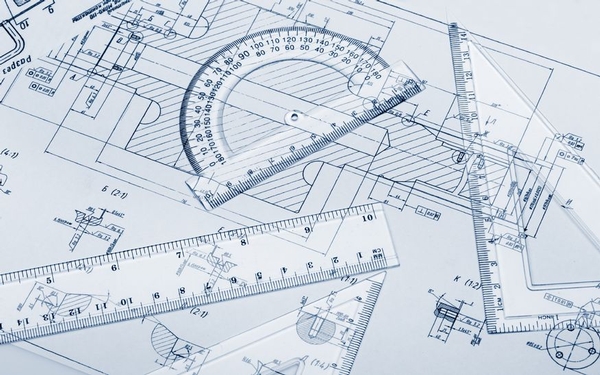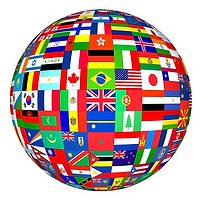Calibration is the process of comparing measurements taken by a test instrument against those taken by a standard device (with known accuracy). It plays an important role in quality assurance and compliance for many industries, but it is especially important for companies in the food, beverage and pharma sectors.
Why Do You Need to Calibrate Instruments?
According to U.S. Food and Drug Administration (FDA) regulations and Current Good Manufacturing Practice (CGMP) guidelines, periodic tests and maintenance activities are crucial for the manufacturing, packaging or handling of products that have a direct impact on public health and safety, such as food, drugs, cosmetics, medical devices, tobacco, etc.
Food and pharma manufacturing standards are stricter than those in any other industry, affecting every aspect of research, sampling, production and distribution. The effect of food and pharmaceutical quality on human or animal health makes these products among the most heavily regulated in today’s market.
Along with validation and qualification activities, food and pharmaceutical CGMP guidelines maintain that instrument calibration needs to be performed on a frequent schedule. This helps to reduce the risk of error, ensuring highly accurate, traceable and repeatable measurements throughout the production process.
How Instrument Calibration Helps the Food Industry
Why should you have a validation program that includes regular calibration? First, it’s an important aspect of quality monitoring and assurance, which affect everything from a regulatory inspection for FDA compliance to International Organization for Standardization certification. Commitment to high quality standards also helps with building consumer trust and brand reputation.
Calibrated instruments also offer the highest degree of accuracy, minimizing errors so they fall within acceptable limits. Since they’re traceable to national or international standards (such as the National Institute of Standards and Technology), calibration reports help with both internal and external audits.
In addition, regular testing makes it easier to ensure that equipment performs at optimum levels, reducing breakdowns and extending its lifespan. This further improves efficiency, uptime and cost savings as well, in terms of repairs, energy consumption, production losses due to frequent downtime, etc.
Calibration also helps you avoid potential recalls or litigation caused due to “bad” batches, reprocessing due to inaccuracies, safety hazards from physical, biological and chemical risks, etc. Quality and compliance problems can involve heavy costs in more than one way, so it’s essential to stay on track with your validation program and compliance-related testing.
Common Calibration Services for the Food Industry
The food industry relies upon a wide range of equipment, each of which needs to be regularly calibrated for quality assurance and product safety. As a result, there’s a host of calibration services that come into play, the most common of which include the following:
Thermometer Calibration – Direct temperature readings play a very important role in determining food and beverage quality, especially for dairy-based products. Frequent calibration of thermometers, sanitary sensors and probes helps ensure that these devices display accurate results at every stage of production.
Given the wide range of thermal sensing equipment used at every stage of production, technicians should be trained on calibrating specific set points or ranges as per the manufacturer’s instructions.
Temperature Calibration – Fluctuations in temperature during any stage of processing can cause issues with food safety, hygiene and overall quality, as well as affecting equipment performance (for instance, low temperatures can encourage pathogen growth in food products).
Temperatures need to be monitored and adjusted at every stage, so calibration is generally conducted on-site. Temperature sensing devices may also need more frequent testing than other equipment.
Color Measurement Calibration – Color measurement devices such as colorimeters and spectrophotometers take the guesswork out of ensuring color standardization of food products. However, these also need to be properly calibrated on a regular schedule (both daily and annually).
For daily calibration, equipment operators can conduct the required tests before use. For annual calibration and maintenance, hire a calibration services provider who can perform proper alignment and adjustment in addition to testing and cleaning.
Maintenance of Test Equipment & Standards – In addition to the equipment used during food processing, calibration standards and test equipment also need to be checked for accuracy from time to time. This helps ensure that your validation process follows compliance requirements with no margin for error.
Whether you perform calibration and validation activities on-site, make sure that standards and test devices are recalibrated on a frequent schedule.
Other types of calibration used in the industry include tests for pressure devices, flow systems, weighing equipment and more. These activities should only be performed by certified in-house technicians, or an accredited calibration laboratory recognized and vetted by an independent accreditation body.
Experienced service providers offer a higher standard of service than their nonaccredited counterparts, and they can also help you with utility system qualification, validation program assessment, process validation and other compliance and quality-related activities.
Edward Simpson is a seasoned calibration and technical engineer with RS Calibration Inc.



